Introduction
I’ve written quite a lot of free software in my life. Most of it was from scratch: projects I started myself. So I get to choose where to host them – or rather, I have to choose where to host them.
These days, all my projects are held in Git. And mostly, I put them in ‘bare’ git repositories on my personal website.
I don’t use any git ‘forge’ system layered on top of Git, like Gitlab or Github, which automatically makes a bug tracking database for each project, and provides a convenient button for a user to open a merge request / pull request. I just use plain Git. People can ‘git clone’ my code, and there’s a web-based browsing interface (the basic gitweb) for looking around without having to clone it at all. But that’s all the automated facilities you get.
Occasionally this confuses people, so I thought I should write something about it.
Discussion with the author @ https://hachyderm.io/@simontatham/114111520633445984








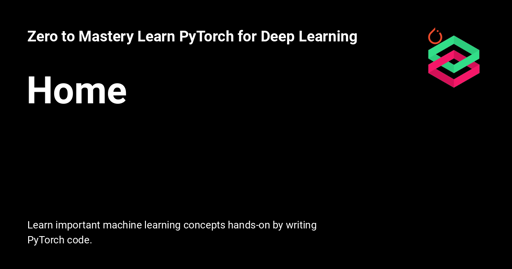










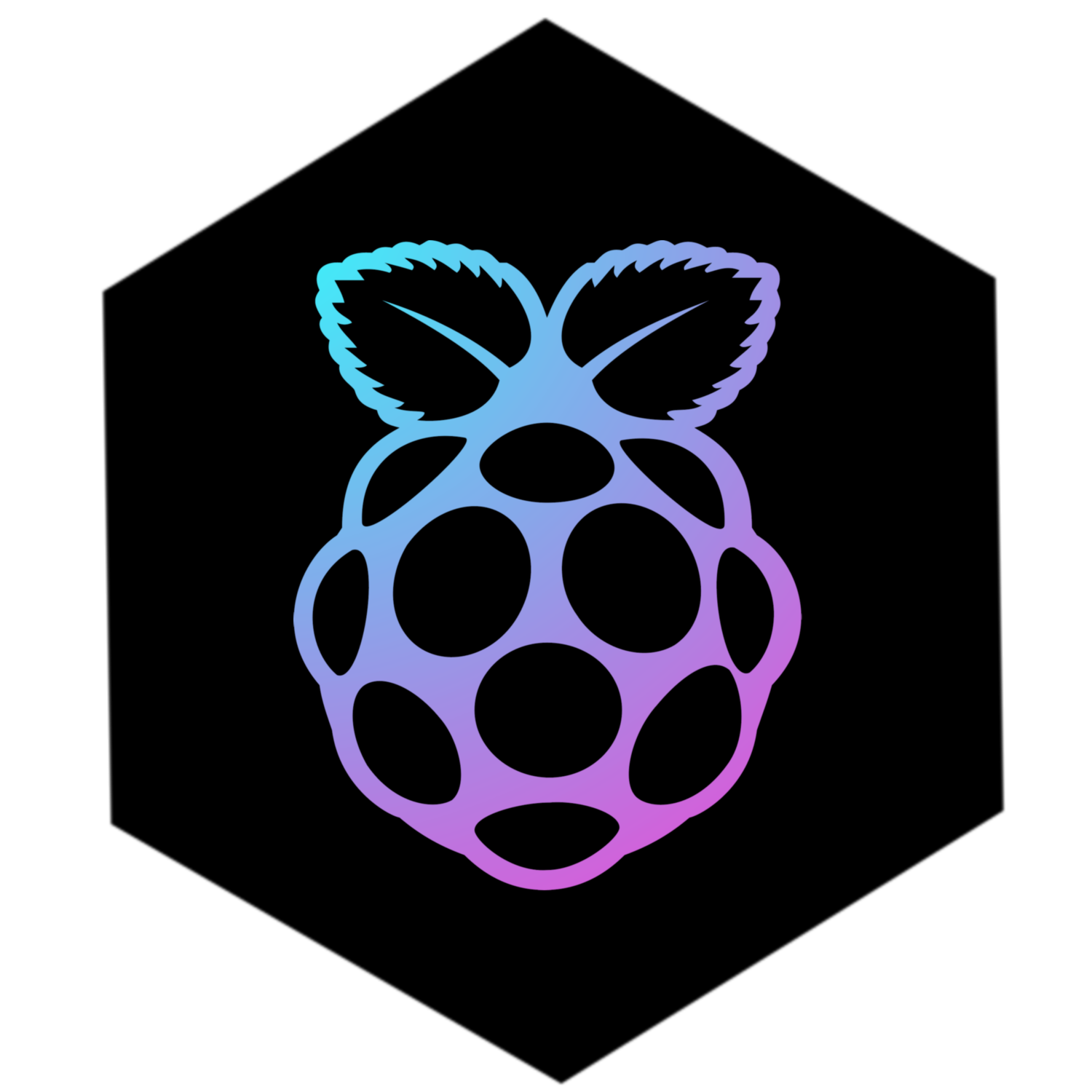
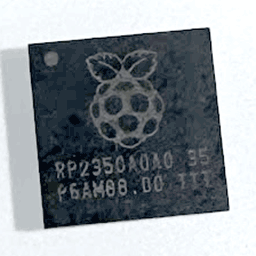
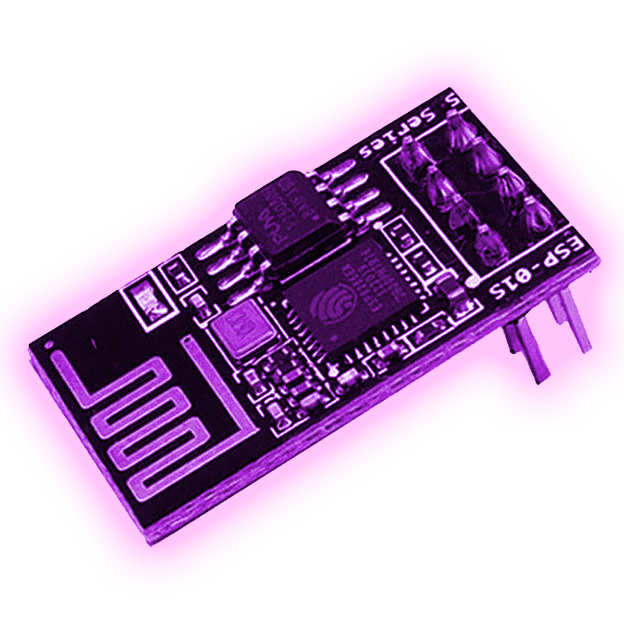
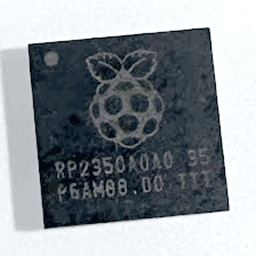









Why don’t you have the program download the entire text to save locally and then fetch the local files?